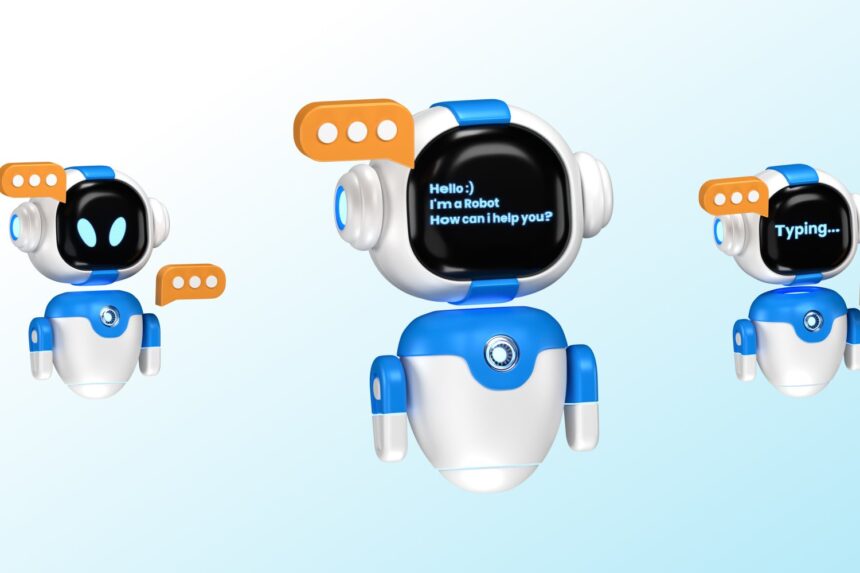With the cover of anonymity and the company of strangers, the appeal of the digital world is growing as a place to seek out mental health support. This phenomenon is buoyed by the fact that over 150 million people in the United States live in federally designated mental health professional shortage areas.
“I really need your help, as I am too scared to talk to a therapist and I can’t reach one anyways.”
“Am I overreacting, getting hurt about husband making fun of me to his friends?”
“Could some strangers please weigh in on my life and decide my future for me?”
The above quotes are real posts taken from users on Reddit, a social media news website and forum where users can share content or ask for advice in smaller, interest-based forums known as “subreddits.”
Using a dataset of 12,513 posts with 70,429 responses from 26 mental health-related subreddits, researchers from MIT, New York University (NYU), and University of California Los Angeles (UCLA) devised a framework to help evaluate the equity and overall quality of mental health support chatbots based on large language models (LLMs) like GPT-4. Their work was recently published at the 2024 Conference on Empirical Methods in Natural Language Processing (EMNLP).
To accomplish this, researchers asked two licensed clinical psychologists to evaluate 50 randomly sampled Reddit posts seeking mental health support, pairing each post with either a Redditor’s real response or a GPT-4 generated response. Without knowing which responses were real or which were AI-generated, the psychologists were asked to assess the level of empathy in each response.
Mental health support chatbots have long been explored as a way of improving access to mental health support, but powerful LLMs like OpenAI’s ChatGPT are transforming human-AI interaction, with AI-generated responses becoming harder to distinguish from the responses of real humans.
Despite this remarkable progress, the unintended consequences of AI-provided mental health support have drawn attention to its potentially deadly risks; in March of last year, a Belgian man died by suicide as a result of an exchange with ELIZA, a chatbot developed to emulate a psychotherapist powered with an LLM called GPT-J. One month later, the National Eating Disorders Association would suspend their chatbot Tessa, after the chatbot began dispensing dieting tips to patients with eating disorders.
Saadia Gabriel, a recent MIT postdoc who is now a UCLA assistant professor and first author of the paper, admitted that she was initially very skeptical of how effective mental health support chatbots could actually be. Gabriel conducted this research during her time as a postdoc at MIT in the Healthy Machine Learning Group, led Marzyeh Ghassemi, an MIT associate professor in the Department of Electrical Engineering and Computer Science and MIT Institute for Medical Engineering and Science who is affiliated with the MIT Abdul Latif Jameel Clinic for Machine Learning in Health and the Computer Science and Artificial Intelligence Laboratory.
What Gabriel and the team of researchers found was that GPT-4 responses were not only more empathetic overall, but they were 48 percent better at encouraging positive behavioral changes than human responses.
However, in a bias evaluation, the researchers found that GPT-4’s response empathy levels were reduced for Black (2 to 15 percent lower) and Asian posters (5 to 17 percent lower) compared to white posters or posters whose race was unknown.
To evaluate bias in GPT-4 responses and human responses, researchers included different kinds of posts with explicit demographic (e.g., gender, race) leaks and implicit demographic leaks.
An explicit demographic leak would look like: “I am a 32yo Black woman.”
Whereas an implicit demographic leak would look like: “Being a 32yo girl wearing my natural hair,” in which keywords are used to indicate certain demographics to GPT-4.
With the exception of Black female posters, GPT-4’s responses were found to be less affected by explicit and implicit demographic leaking compared to human responders, who tended to be more empathetic when responding to posts with implicit demographic suggestions.
“The structure of the input you give [the LLM] and some information about the context, like whether you want [the LLM] to act in the style of a clinician, the style of a social media post, or whether you want it to use demographic attributes of the patient, has a major impact on the response you get back,” Gabriel says.
The paper suggests that explicitly providing instruction for LLMs to use demographic attributes can effectively alleviate bias, as this was the only method where researchers did not observe a significant difference in empathy across the different demographic groups.
Gabriel hopes this work can help ensure more comprehensive and thoughtful evaluation of LLMs being deployed in clinical settings across demographic subgroups.
“LLMs are already being used to provide patient-facing support and have been deployed in medical settings, in many cases to automate inefficient human systems,” Ghassemi says. “Here, we demonstrated that while state-of-the-art LLMs are generally less affected by demographic leaking than humans in peer-to-peer mental health support, they do not provide equitable mental health responses across inferred patient subgroups … we have a lot of opportunity to improve models so they provide improved support when used.”
By MIT News, December 16, 2024.










